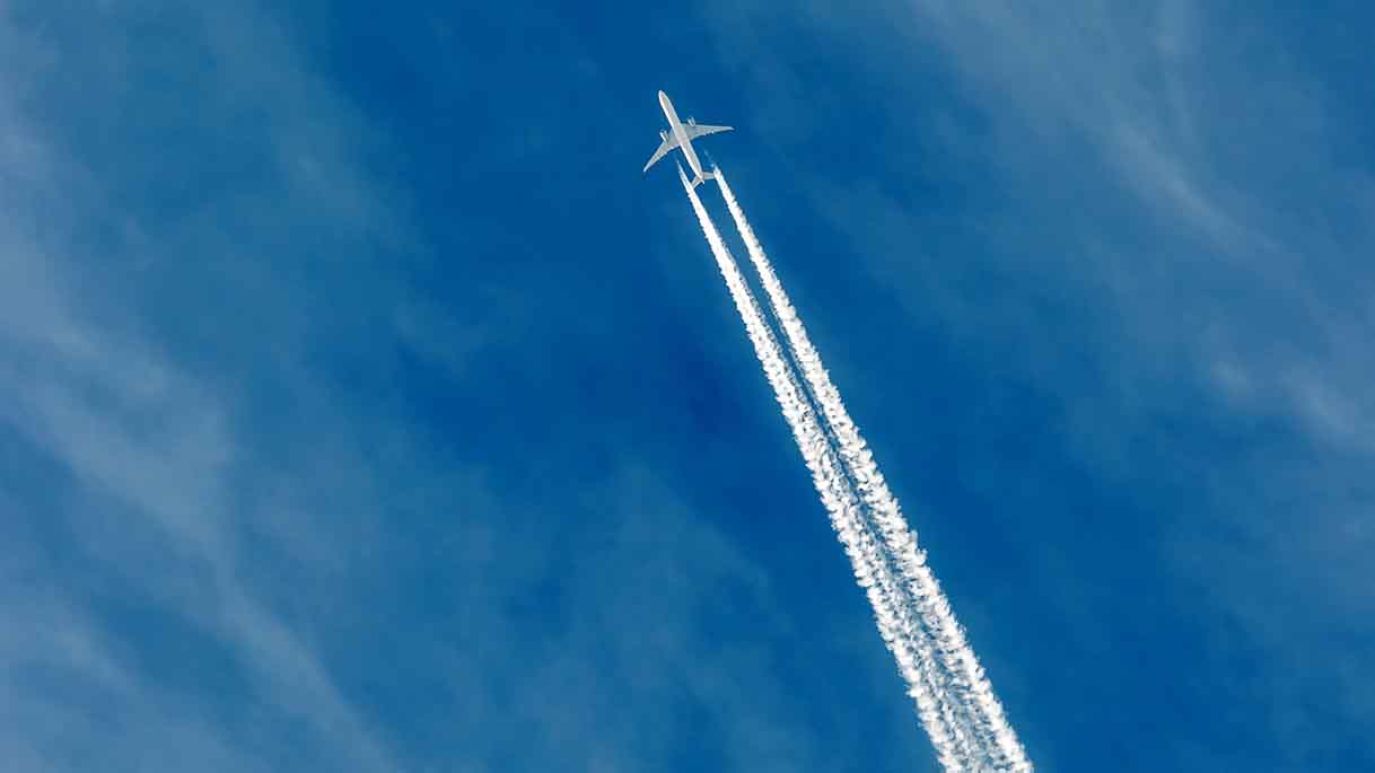China Lifts Boeing 737 MAX Ban, but Scrutiny Increases

Boeing seemed poised to resume aircraft deliveries to China, but the recent Alaska Airlines incident and reported mechanical failures involving US Secretary of State Blinken’s 737 aircraft almost certainly will lead to greater technical scrutiny and possible delays.
On 21 December China’s National Development and Reform Commission (NDRC), which oversees the formulation and implementation of China’s macro development strategies and policies, lifted its ban on the delivery of 118 new Boeing 737 MAX aircraft to Chinese buyers.
- China had grounded all 737 MAX in March 2019 after two overseas accidents and did not recertify the plane until December 2021, one year after the US Federal Aviation Administration (FAA) recertified the plane. The lifting of NDRC’s delivery ban is believed to be a result of the Biden-Xi summit in November 2023.
- At the end of December 2023, Boeing also made its first delivery of a 787 Dreamliner to a Chinese airline since 2019.
- Following the FAA’s grounding of all 737 MAX 9 aircraft after a window fell off an Alaska Airlines 737 MAX 9 while in flight on 6 January, Chinese media noted that China does not currently operate the 737 MAX 9. However, Chinese media picked up the “serious mechanical failure” of Secretary Blinken’s 737 that was preparing to depart the Davos economic forum on 17 January.
Boeing forecasts China will need 8,560 new commercial passenger and freight aircraft through 2042, which represents 20% of world demand. China’s commercial fleet will expand to approximately 9,600.
- Boeing’s market position, as the major supplier of airliners to China, started to shift in 2019 due to worsening US-China relations, problems with the MAX series, and the Covid pandemic.
- Airbus has filled the void and is now the largest passenger aircraft supplier in China. Airbus is opening a second assembly line in China, which will only enhance its market position. According to Aviation Week, by the end of the first quarter of 2023 Airbus’ in-service fleet had taken up more than 50% of the Chinese market.
For decades China has been aiming to develop commercially viable passenger aircraft but remains reliant on Boeing and Airbus for its fleet. Although the recent Boeing setbacks will give Chinese regulators pause, they are unlikely to derail transfers needed to satisfy domestic demand.
China’s 5G influence in developing economies
China’s Belt and Road Initiative and its digital counterpart, the Digital Silk Road, threaten to displace US telecom and tech companies in developing economies in Africa, Latin America and the Middle East. How can US operators and network providers stand up to the challenge?